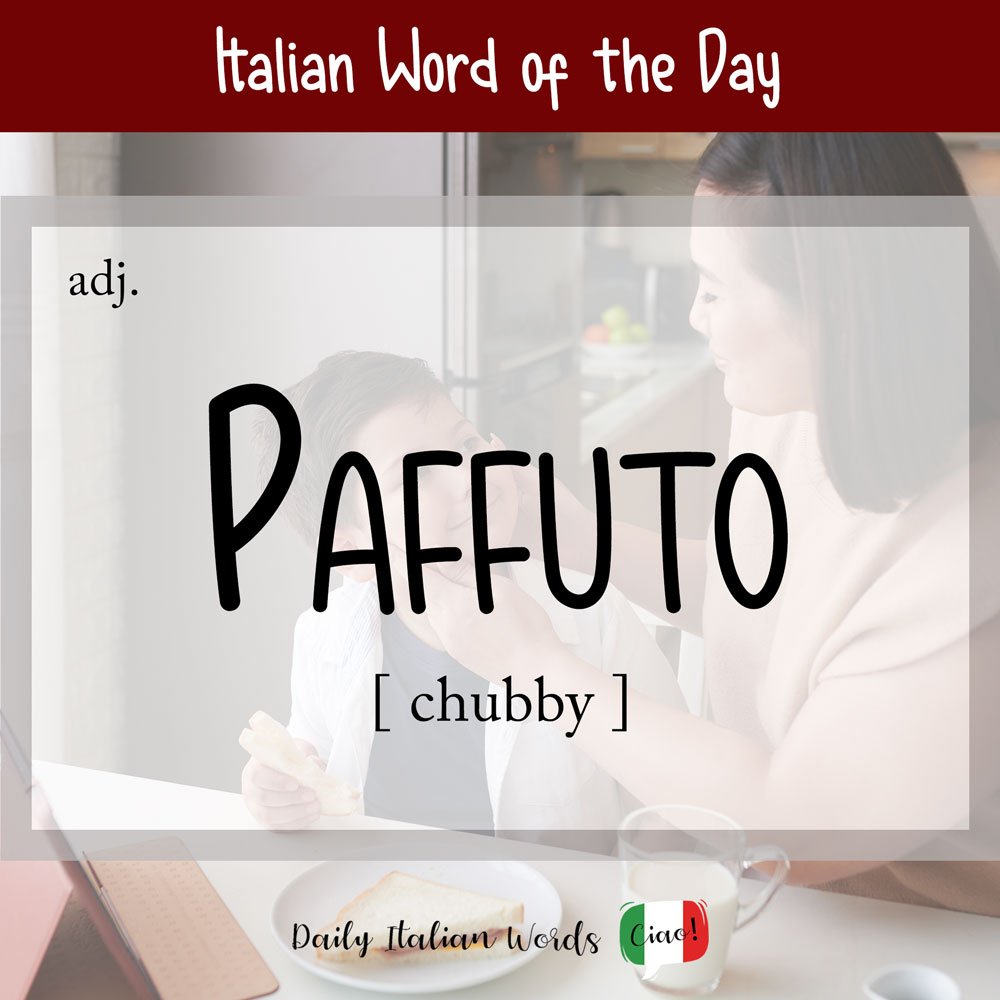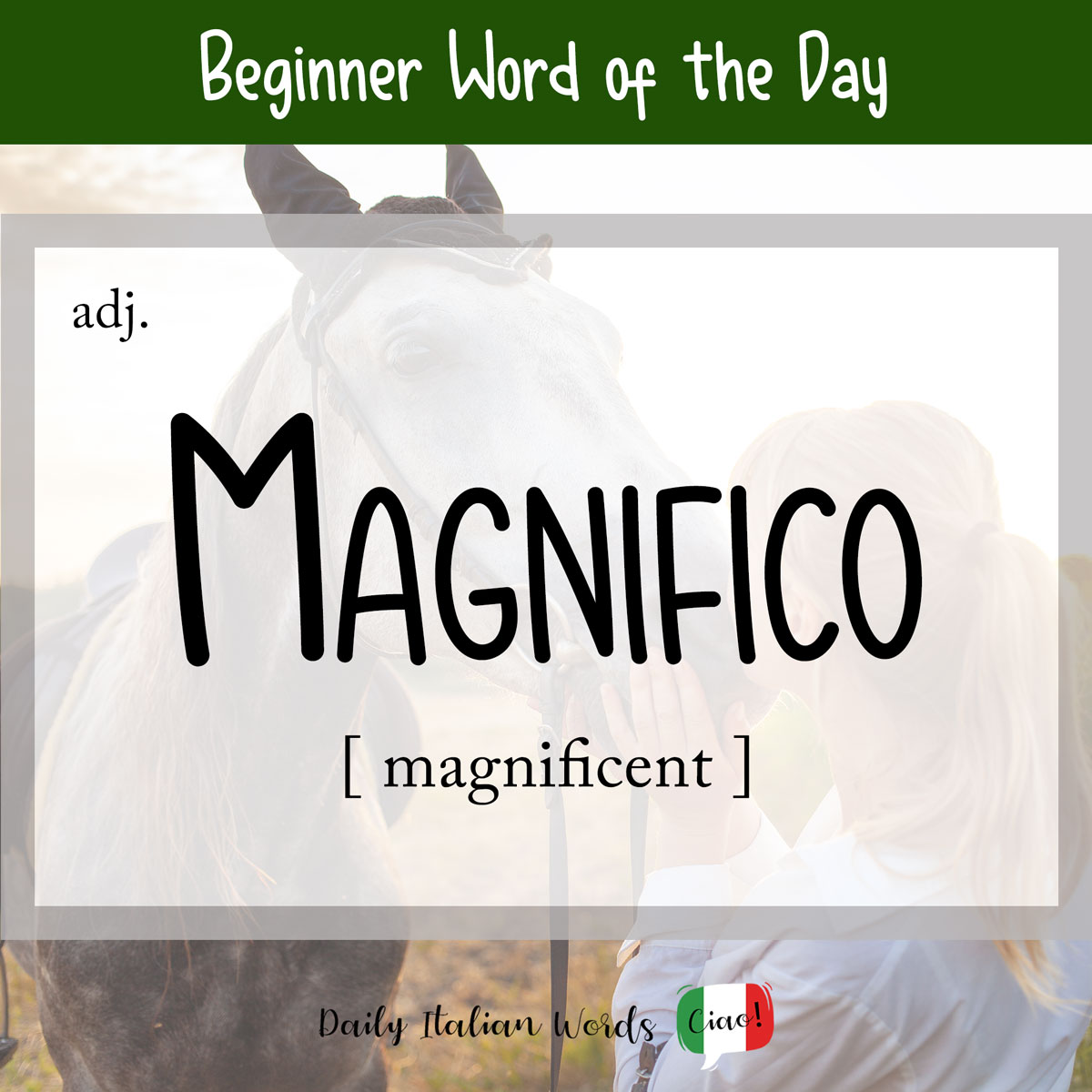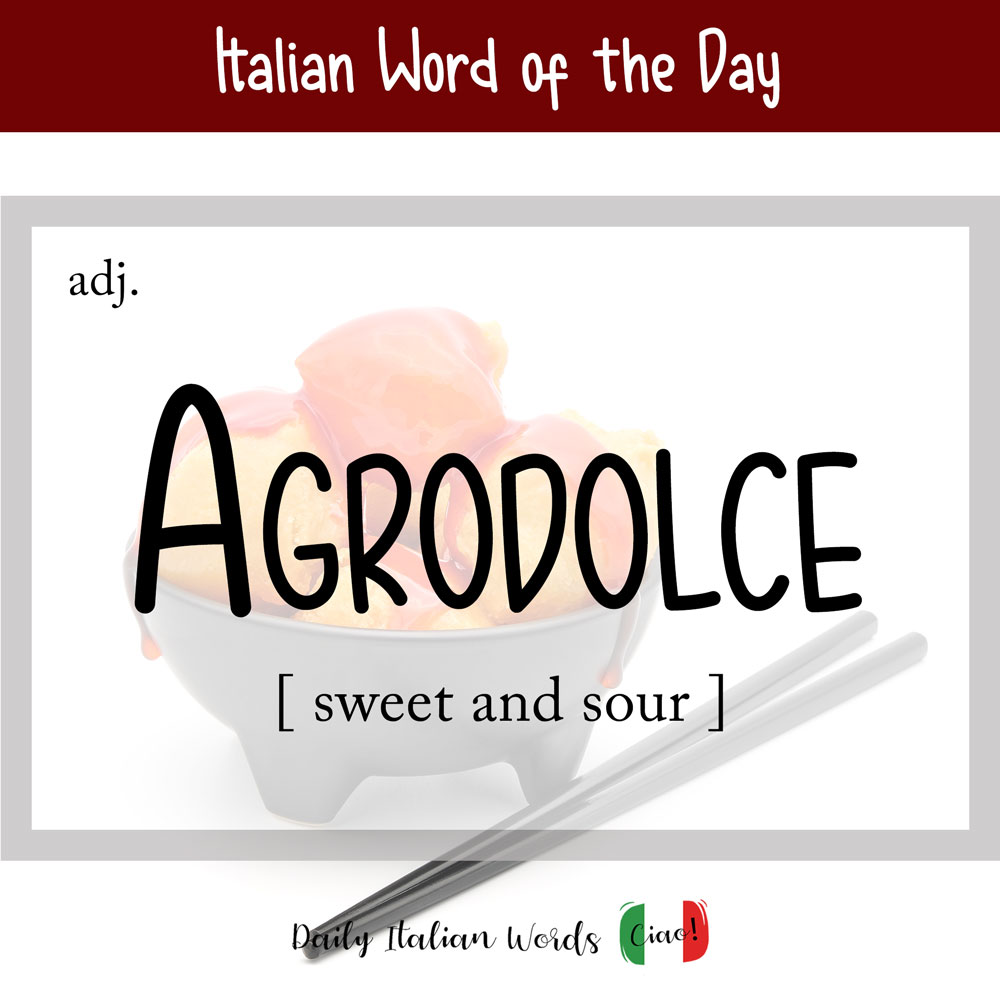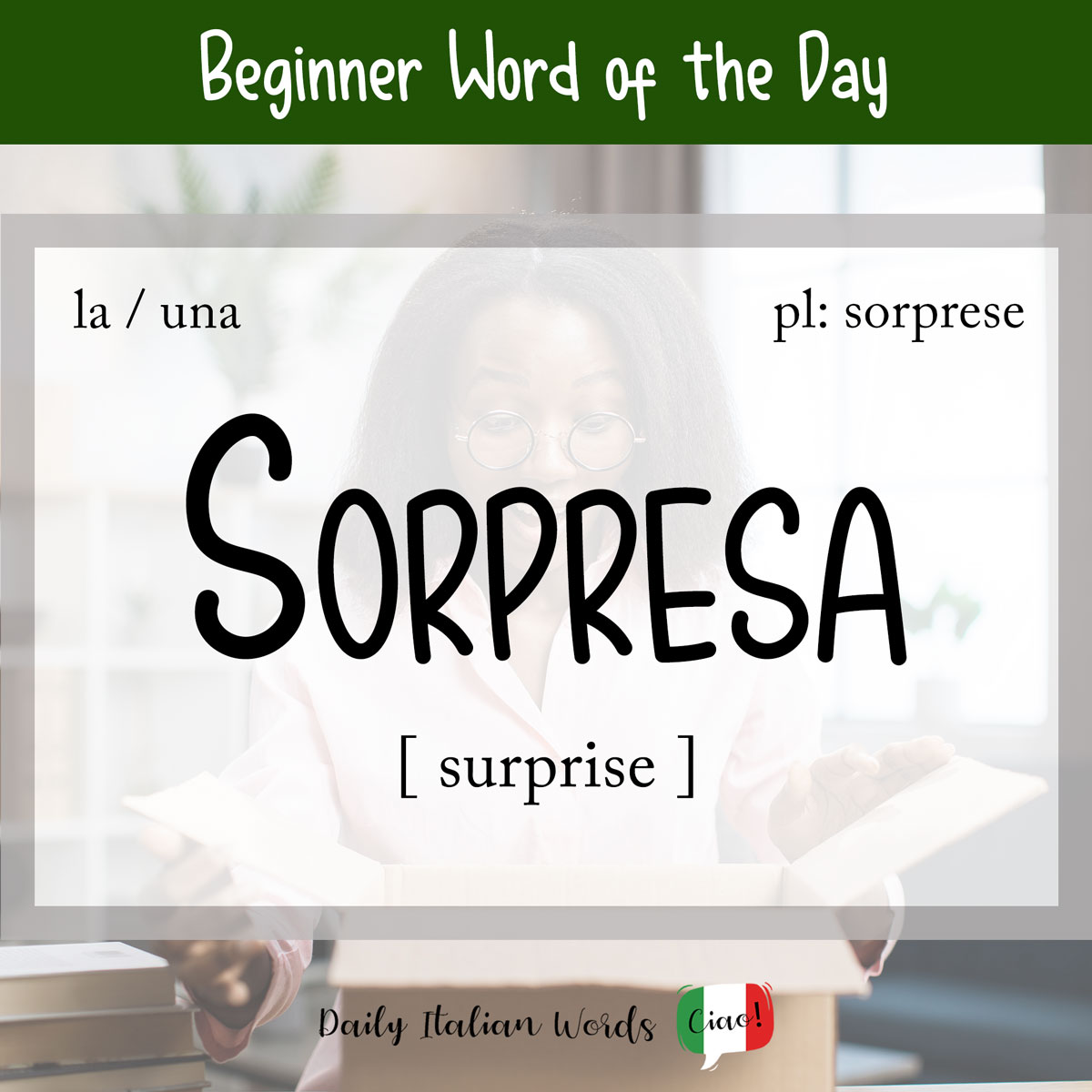Italian Word of the Day: Paffuto (chubby / plump)
One of my favourite Italian words of all time is the onomatopoeic paffuto which translates as chubby or plump in reference to people and certain body parts. Unlike grasso (fat) which could be interpreted as an insult, paffuto has a cute ring to it and tends to be used to describe children more than adults. …






